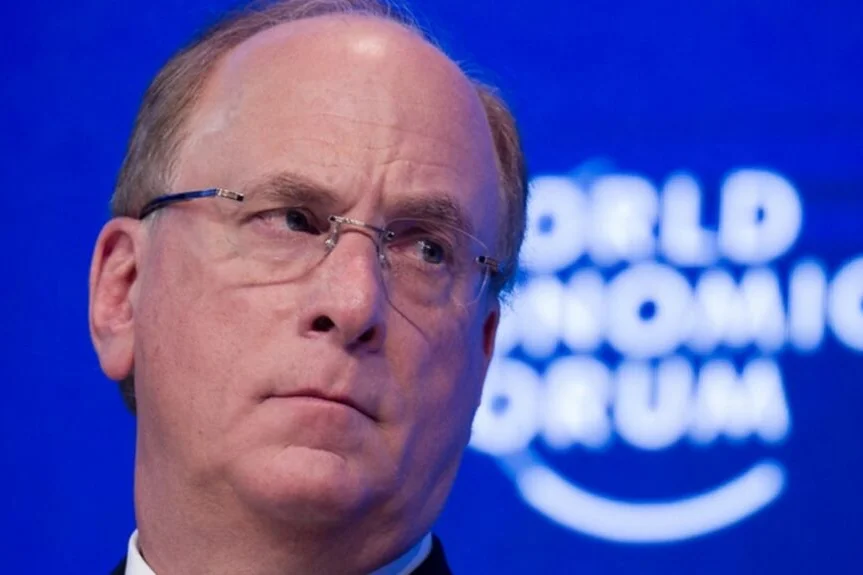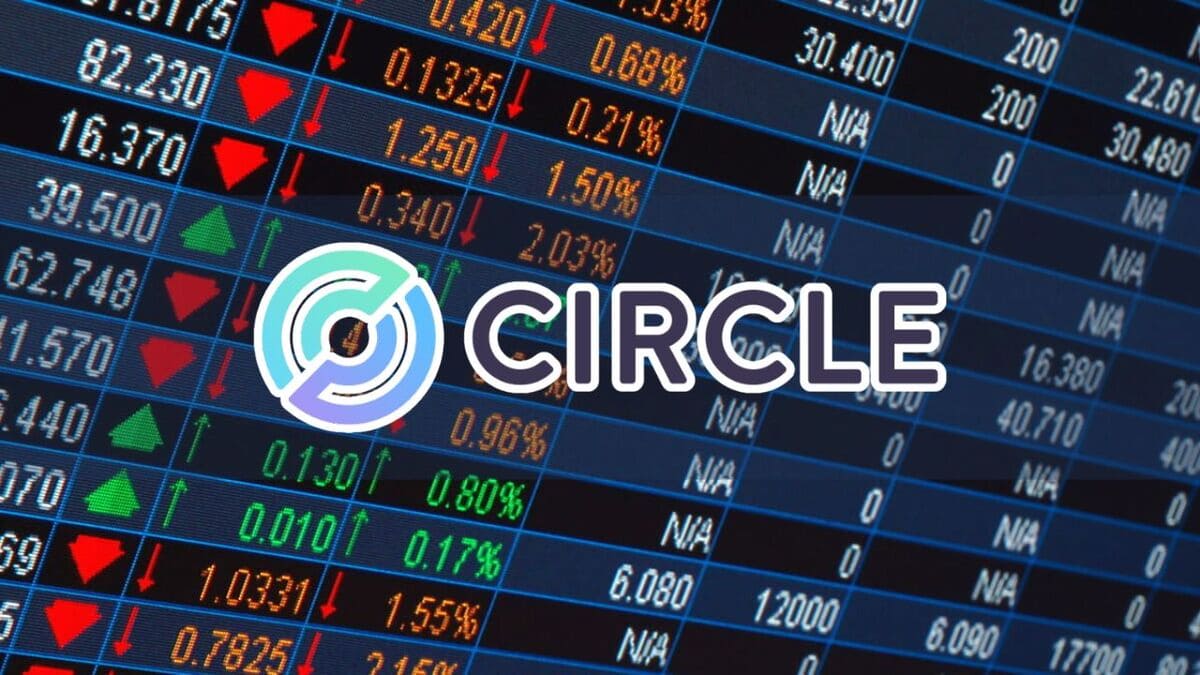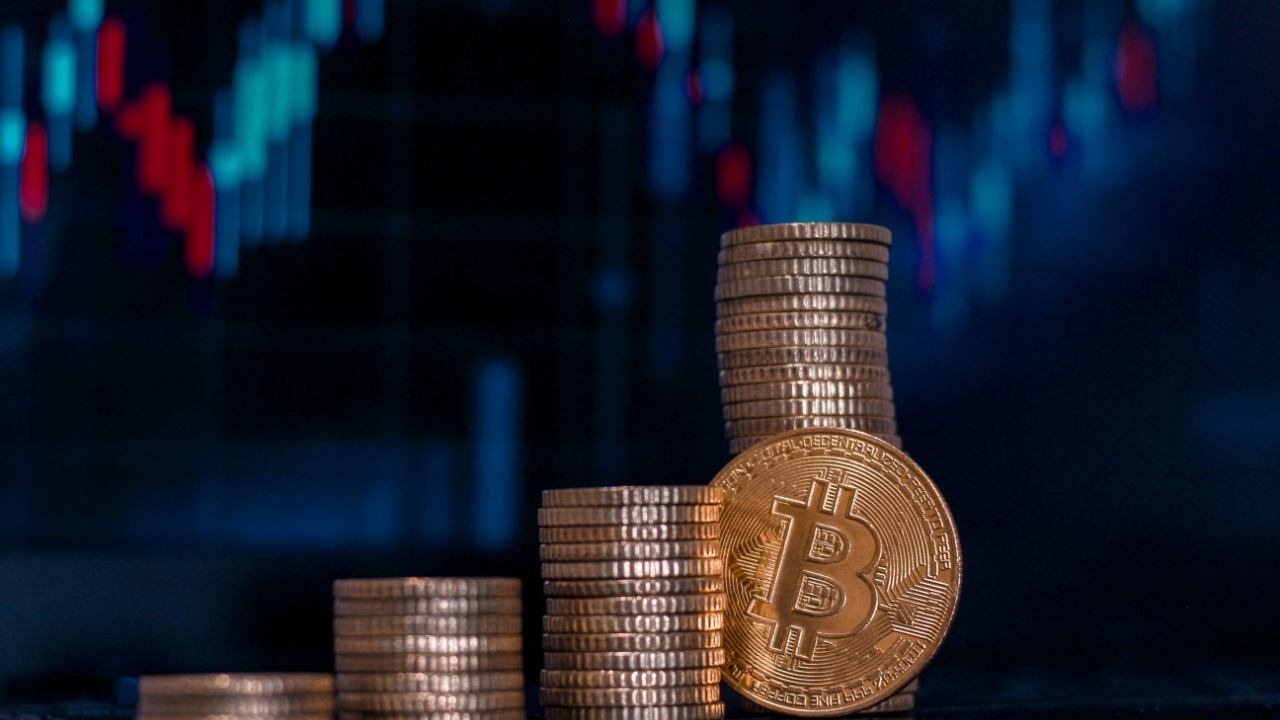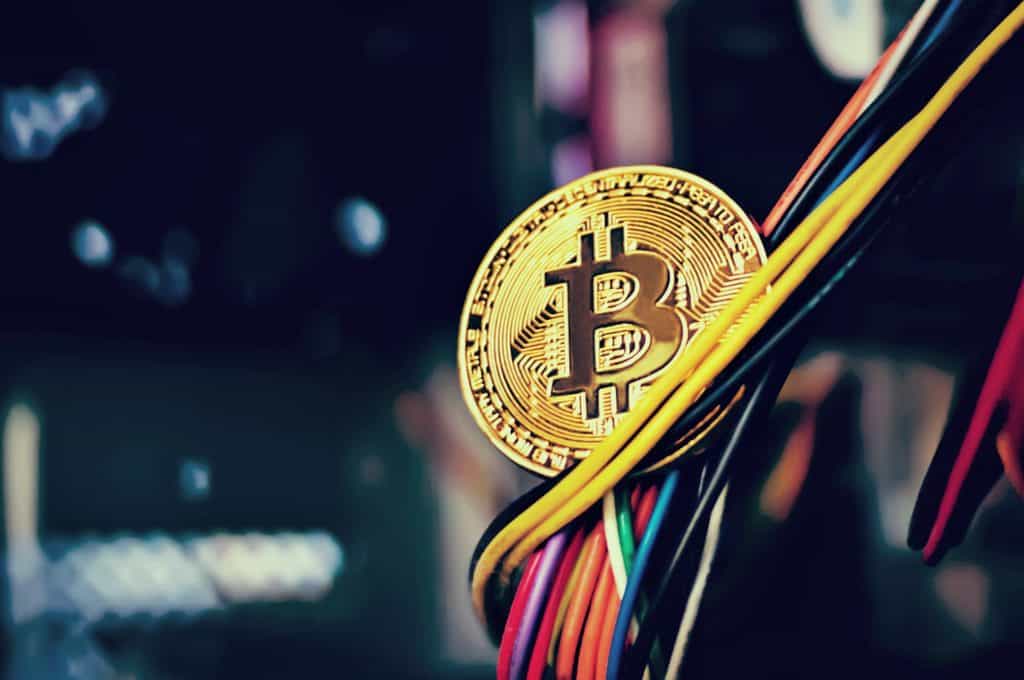Larry Fink’s Warning: Unchecked National Debt and Fiscal Deficits Threatening the Dollar’s Dominance
In his annual letter to shareholders, published on Monday, BlackRock (NYSE:BLK) CEO Larry Fink raised some serious concerns about the long-term health of the U.S. economy. He cautioned that the unchecked national debt and growing fiscal deficits could potentially undermine the dollar’s dominance as the world’s reserve currency.
Fink’s Concerns: Unchecked National Debt and Fiscal Deficits
Fink expressed his concerns over the increasing national debt and fiscal deficits, which he believes could have severe consequences for the U.S. economy and the world at large.
According to Fink, the U.S. government’s borrowing has reached unsustainable levels, and the continued growth of the fiscal deficits could lead to inflation and a potential loss of confidence in the U.S. dollar. He stated, “The U.S. government’s borrowing requirements have grown exponentially and are on an unsustainable trajectory. The U.S. debt-to-GDP ratio is now higher than it was following World War II, and it is continuing to grow.”
Digital Assets as a Viable Alternative
In light of these concerns, Fink suggested that digital assets like Bitcoin (CRYPTO: BTC) could emerge as a viable alternative to the U.S. dollar as the world’s reserve currency.
He acknowledged that digital currencies are still in their infancy and come with their own set of challenges, but he also emphasized their potential benefits. Fink stated, “While digital currencies are still in their infancy, they are rapidly evolving and have the potential to significantly change how we transact and store value. They could offer greater security, lower transaction costs, and increased access to financial services.”
Impact on Individuals: Potential Shift in Wealth
For individuals, a potential shift in the world’s reserve currency could have significant implications. If digital assets like Bitcoin were to gain widespread acceptance as a viable alternative to the U.S. dollar, it could lead to a significant shift in wealth.
- Investment Opportunities: Individuals who invest in digital assets early could potentially reap substantial returns as the market for these assets grows.
- Saving and Transactions: Digital assets could offer individuals greater security and lower transaction costs, making them an attractive alternative for saving and transacting.
- Regulatory Environment: The regulatory environment surrounding digital assets is still evolving, and individuals would need to stay informed about any changes that could impact their investments.
Impact on the World: Geopolitical Implications
On a larger scale, a potential shift in the world’s reserve currency could have significant geopolitical implications.
- Global Economy: A shift away from the U.S. dollar could lead to a more decentralized global economy, with potentially less reliance on the U.S. for financial transactions.
- Geopolitical Tensions: The adoption of a new reserve currency could lead to tensions between countries, particularly if the U.S. perceives it as a threat to its economic dominance.
- Monetary Policy: The ability to control the money supply would shift from central banks to the developers and maintainers of digital currencies, potentially altering the role of monetary policy in the global economy.
Conclusion: A Potential Shift in the Global Economy
In conclusion, Larry Fink’s warning about the potential dangers of unchecked national debt and fiscal deficits has highlighted the need for the U.S. government to address these issues before they threaten the dollar’s dominance as the world’s reserve currency. With digital assets like Bitcoin emerging as a viable alternative, individuals and countries alike must stay informed about this rapidly evolving landscape.
The potential shift in the global economy could have significant implications for individuals and the world at large. While digital assets offer potential benefits, they also come with their own set of challenges. As the regulatory environment continues to evolve, it is essential to stay informed and adapt to this changing landscape.
So, dear reader, I invite you to join me on this exciting and uncertain journey as we explore the potential future of our global economy.

